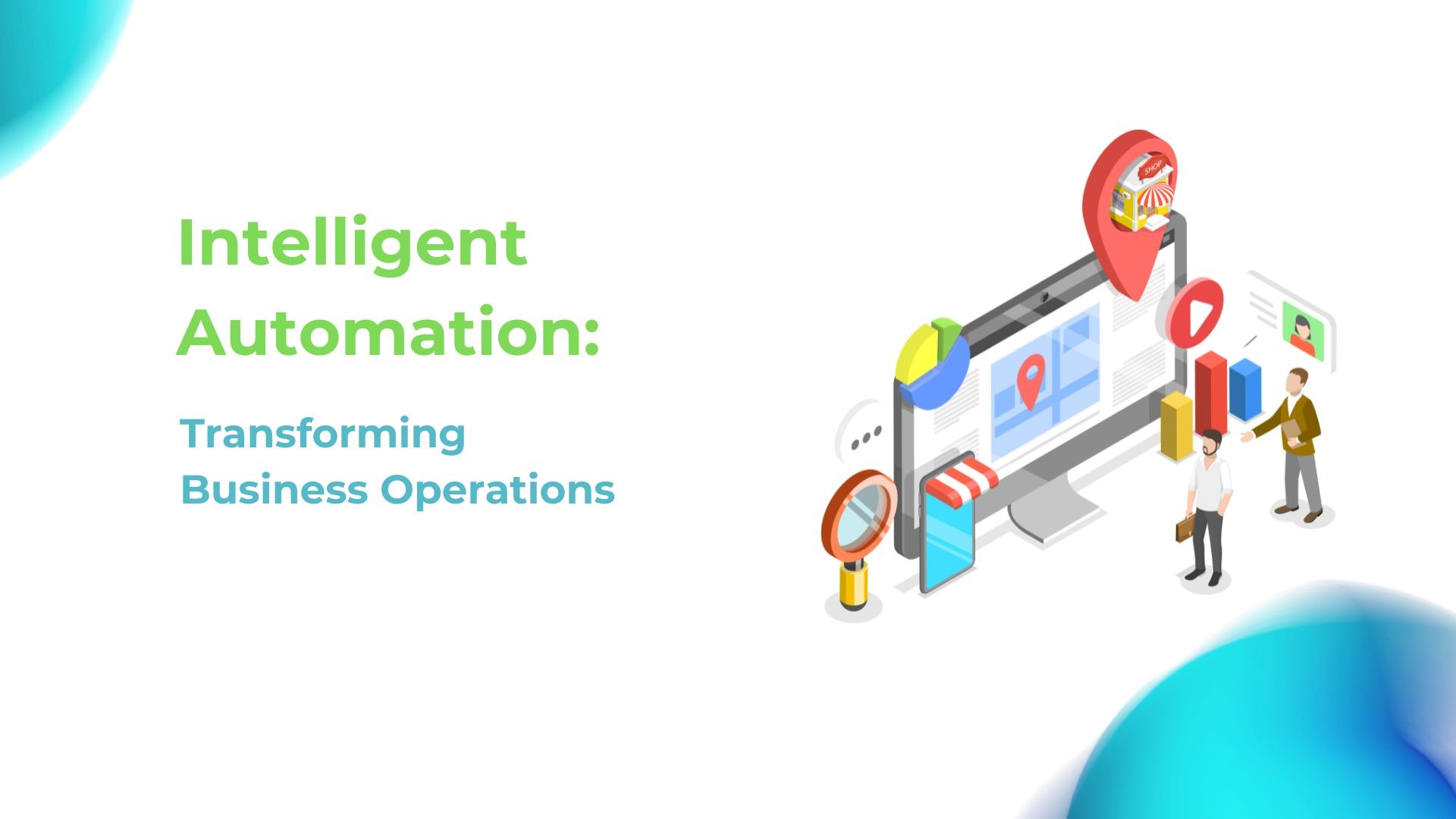Intelligent Automation: Transforming Business Operations
In today’s digital landscape, intelligent automation is transforming the way modern businesses operate by integrating artificial intelligence (AI), machine learning (ML), and robotic process automation (RPA). Spearheaded by experts like Devesh Gupta, this powerful combination drives significant efficiency gains, cost savings, and smarter decision-making. The innovations behind this shift are redefining business processes, offering organizations the tools to stay competitive and agile.
The Convergence of AI, ML, and RPA
Intelligent automation stands out due to its integration of AI, ML, and RPA. Unlike traditional automation, which focuses solely on repetitive tasks, this new approach enables systems to make complex decisions, adapt in real-time, and improve continuously. For instance, AI’s natural language processing can interpret human speech, while ML algorithms predict outcomes based on historical data. When coupled with RPA’s automation of mundane tasks, this combination yields unprecedented productivity.
Such a seamless blend empowers organizations to automate not only routine processes but also high-stakes, data-driven decisions. Businesses leveraging these capabilities report significant advantages, from faster service delivery to enhanced accuracy in areas like customer interactions and predictive analytics.
Boosting Efficiency and Reducing Costs
One of the most compelling advantages of intelligent automation is its impact on efficiency and cost savings. Companies across sectors, from healthcare to financial services, have seen average productivity increases of 35%, according to recent studies. By automating time-consuming processes, businesses can reallocate resources to strategic projects, driving innovation and growth. Additionally, the financial benefits are significant, with organizations reporting a 20% to 35% reduction in operational costs due to fewer errors and streamlined workflows, optimizing everything from supply chains to customer service operations.
Enhanced Decision-Making
Automation is advancing to manage complex decision-making, analyzing vast data in real-time to provide previously unattainable insights. AI-driven systems can identify trends, detect anomalies, and offer proactive recommendations, transforming decision-making processes. In a competitive landscape, this ability to swiftly anticipate and respond to changes is crucial. Enhanced accuracy and faster decisions lead to significant benefits, including reduced budgeting cycle times and more precise financial forecasts, paving the way for robust, data-driven strategies that strengthen business outcomes.
Addressing Challenges and Ethical Concerns
Despite its numerous benefits, implementing intelligent automation comes with significant challenges. Organizations must navigate data quality and privacy issues, given the vast amounts of information these systems handle, while also ensuring that AI operates ethically and without bias, as automated decisions can have serious consequences. Integrating intelligent automation with legacy systems remains a formidable hurdle, and companies need to invest in upskilling their workforce to create a skills bridge, enabling employees to collaborate effectively with advanced AI and automation tools. These obstacles underscore the need for a well-planned, strategic approach to adopting automation technologies.
Emerging Trends: What Lies Ahead
The future of intelligent automation is full of promise, with several transformative trends emerging. Hyperautomation is poised to revolutionize entire sectors by combining multiple AI and automation technologies, allowing organizations to optimize complex processes from start to finish and achieve unprecedented productivity gains. Cognitive automation, another groundbreaking development, leverages AI to manage unstructured data and make nuanced decisions, expanding automation’s reach into advanced areas like document analysis and dynamic problem-solving. Additionally, integrating edge computing with automation will significantly reduce data latency, enhancing real-time applications in industries such as telecommunications and manufacturing.
The Democratization of Automation
Perhaps one of the most exciting aspects of intelligent automation is its increasing accessibility. Small and medium-sized enterprises (SMEs) can now adopt cloud-based automation solutions that were once out of reach. This democratization levels the playing field, allowing smaller companies to compete effectively with industry giants. By leveraging affordable automation technologies, SMEs are not only driving efficiency but also accelerating their growth. The widespread availability of these tools fosters innovation across the business spectrum, paving the way for more equitable opportunities in the digital age.
In conclusion, Intelligent automation is fundamentally transforming the way we work, think, and grow businesses. Organizations that embrace this technological shift will find themselves well-equipped to succeed. Devesh Gupta’s insights highlight the vast potential of AI-driven automation to drive efficiency, foster innovation, and build resilience. As this field continues to evolve, its impact will only intensify, demanding that businesses remain agile, data-driven, and prepared to leverage the power of intelligent automation. In this rapidly advancing world, those who take the lead will define the standards for the future of work and industry.
